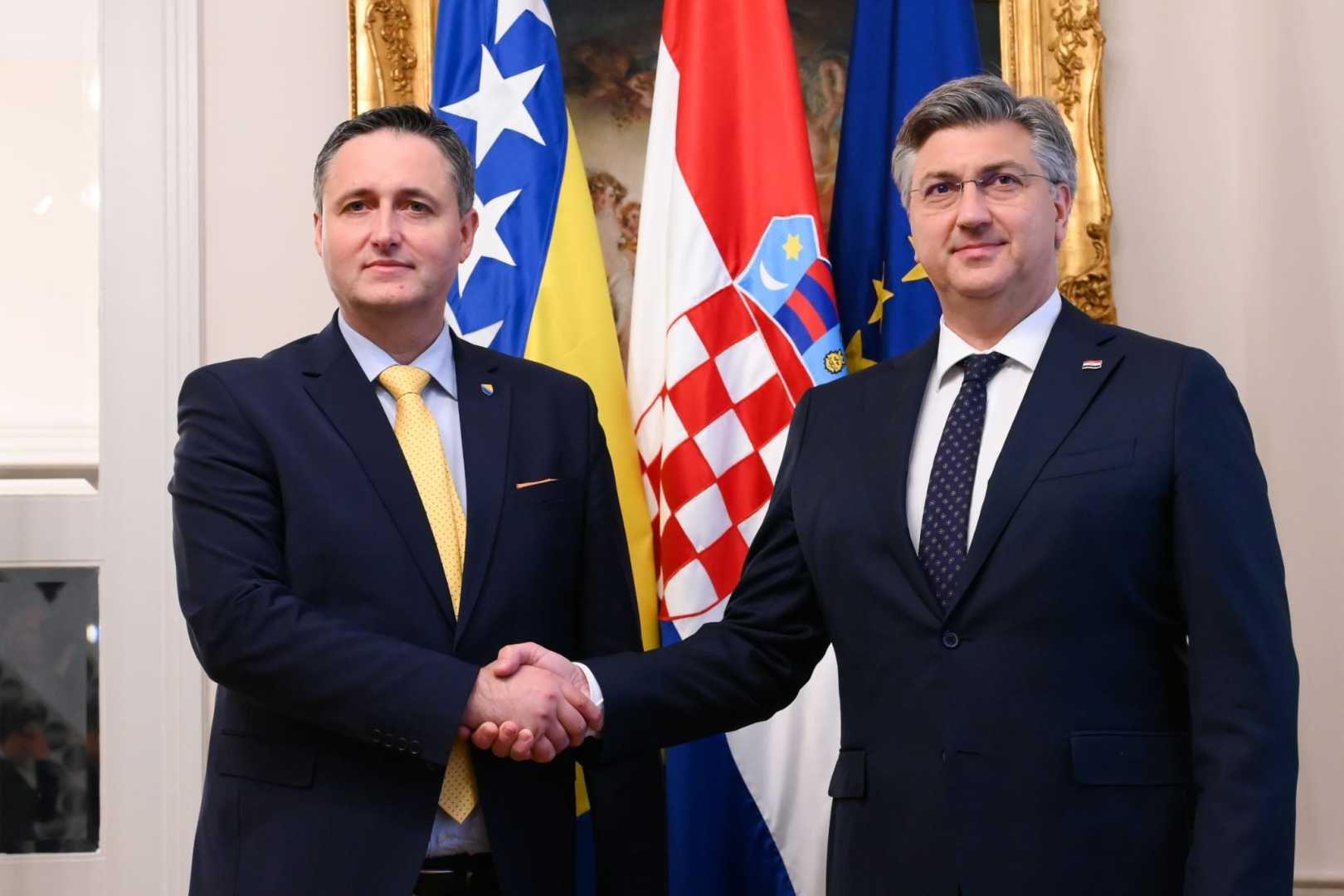Politics
Croatia’s Influence in Bosnia is Under Scrutiny Amid Rising Nationalist Tensions

WASHINGTON, D.C. — Bosnia and Herzegovina faces increasing political turmoil as Croatian nationalists exert influence in neighboring regions. This dynamic was evident during the recent Dayton Dialogue conference, where discussions about the future of U.S.-Bosnia relations took a nationalist turn.
Former Dayton Mayor and current U.S. Rep. Mike Turner hosted the conference as a part of the NATO Parliamentary Assembly’s spring session. However, instead of focusing on cooperation, the event became a platform for Croatian nationalist rhetoric, raising concerns about the future of Bosnia’s integrity as a state.
Recent aggressions from Milorad Dodik, the Kremlin-backed leader of Republika Srpska (RS), have amplified fears of destabilization. Dodik has openly challenged the tenets of the Dayton Agreement, which ended the Bosnian conflict in 1995. While some seek to condemn Dodik for his actions, others argue that they distract from the growing nationalist threats emanating from Croatia.
The Croatian nationalist party, HDZ BiH, has long been accused of orchestrating political provocation and undermining Bosnia’s foundational agreements. Their tactics include manipulating electoral laws to promote their political agenda and marginalizing Croats in mixed cantons.
A controversial proposal within Bosnia’s Parliamentary Assembly suggests redrawing electoral zones to create smaller “special territorial zones.” Critics assert this echoes wartime plans aimed at ethnic segregation and poses a significant threat to the already fragile political order.
As international stakeholders grapple with these tensions, Bosnia’s sovereignty appears increasingly compromised. Regional actors such as Croatia and Serbia seem to benefit from the destabilization, creating a dire situation for Bosnians seeking political stability and integration into European institutions.
Experts warn that failing to address these mounting nationalist sentiments can lead to the further erosion of Bosnia’s democracy and territorial integrity. As these debates unfold, the future of Bosnia remains uncertain, with many voices calling for reforms to ensure a civic-centered political system free from ethnonationalist influence.
In response to the escalating situation, the international community is urged to reflect on its commitments to peace in Bosnia and support a framework that prioritizes citizen rights over ethnic identities.












